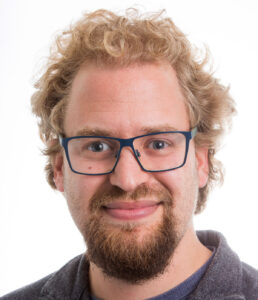Strengthening Respect for the Principles of the Republic? How French President Emmanuel Macron’s Bill to Stem Islamist Separatism Jeopardizes Religious Freedom
 Alexis Artaud de La Ferrière is Senior Lecturer in Sociology at the University of Portsmouth and Associate Researcher at the Groupe Sociétés Religions Laïcités (EPHE/CNRS) in Paris
Alexis Artaud de La Ferrière is Senior Lecturer in Sociology at the University of Portsmouth and Associate Researcher at the Groupe Sociétés Religions Laïcités (EPHE/CNRS) in Paris
Blandine Chelini-Pont is a full Professor in Contemporary and International History at the School of Law and Political Sciences of Aix-Marseille University
The French Parliament is currently debating a bill tabled by the majority which threatens to fundamentally change the balance of Church-State relations in that country. The “bill to strengthen respect for the principles of the Republic” (widely known as the bill against separatism) is presented by the government as a key element of President Emmanuel Macron’s strategy to counter “the insidious but powerful communitarianism that is slowly eroding the foundations of French society”—namely, radical Islamism.
While some civil society actors have expressed their support for this bill, others warn that it will usher in unprecedented limits to the freedoms of association and religion. So, what should we make of this bill? If it is to pass (which is likely), will it strengthen the Republic against Islamist inspired “separatism”? Or does this legislative hammer risk breaking the common table of laïcité?


 A growing trend of religious life in contemporary Western societies is the
A growing trend of religious life in contemporary Western societies is the